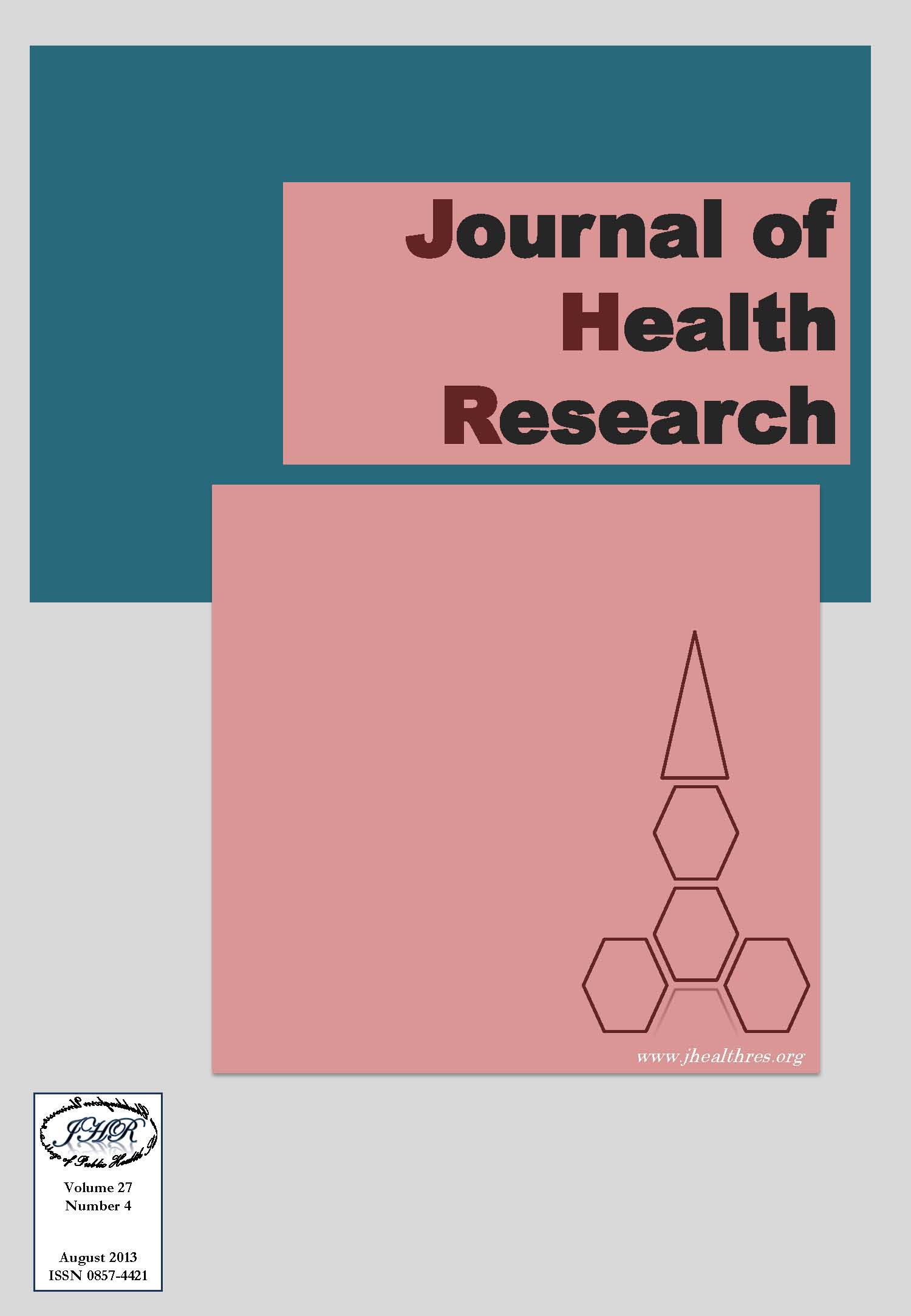Assessment of Health Care Waste Management Practices and Knowledge among Health Care Workers Working at Tertiary Care Setting of Pakistan
Keywords:
Health care workers, Waste management, Health care waste, PakistanAbstract
Health care waste (HCW) is the second dangerous waste in the world that needs to be properly disposed by trained health care staff. Knowledge and safe practices of medical staff is very imperative while managing this waste. Approximately 1.35 kg/bed/day of waste is produced on average in the Pakistani hospitals which produce about 250,000 tons of HCW per year. HCW comprises of 15-20% of general waste but due to improper segregation by hospital staff resulting in contamination of general waste that emerges of many infectious diseases and other environmental hazards if not disposed properly. General waste disposal mechanism in communities has not been of standards and is subject to many scavengers who collect items such as papers and cause spread of the many components of the trash within the surrounding atmosphere and risking the health of the communities. Therefore, hospitals which do not have comprehensive mechanism for waste disposal within their own system such as lack of incineration can lead to open dumping of human organ waste in the communities. This assessment has been conducted to determine the practices and knowledge regarding healthcare waste management in health care workers working at tertiary care setting of Pakistan. Cross sectional study was conducted in a tertiary care governmental hospital in a metropolitan city of Pakistan. Ten percent from a population of doctors, nurses and paramedical staff who were involved in the management of HCW were selected randomly; finally 98 respondents were interview adopted from World Health Organization. Majority 82% of the doctors and 54% of nursing staff were aware on hospital waste management rules while 83% of the paramedics were not aware about this. About 86% of both had knowledge of waste color coding and segregation of waste except paramedics, they were only 42%. Regarding occupational hazardous due to improper waste management and protocols of infectious disease control were better known to all the doctors and nurses, 75% of paramedics staff had also knowledge about this. Paramedical staff was found to be less knowledgeable and their practices regarding HCW management was found low as compare to doctors and nursing staff. This possible difference observed because of their minimum qualification and experience and exposure. However, extensive trainings may play positive role in increasing their knowledge and practices in this field.






